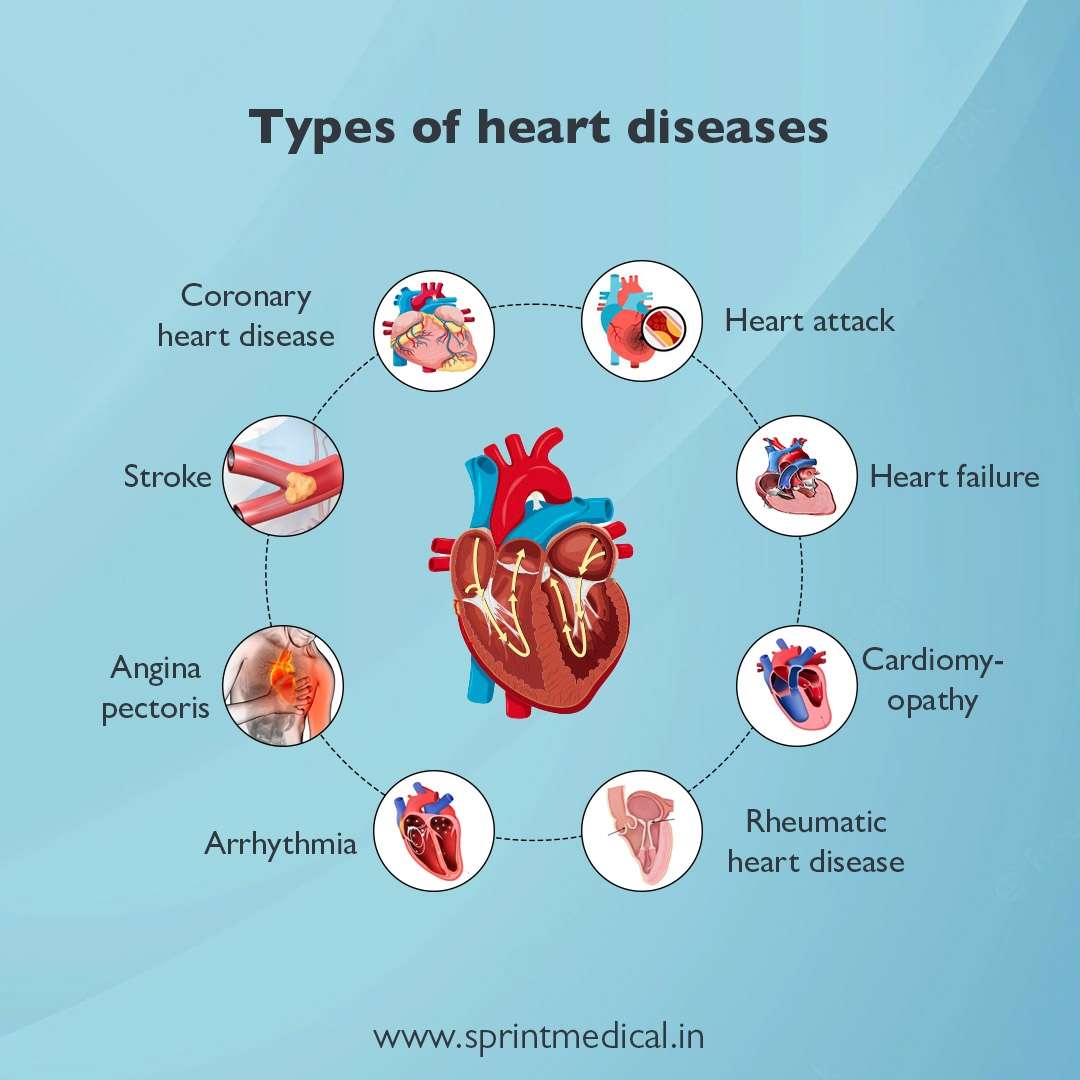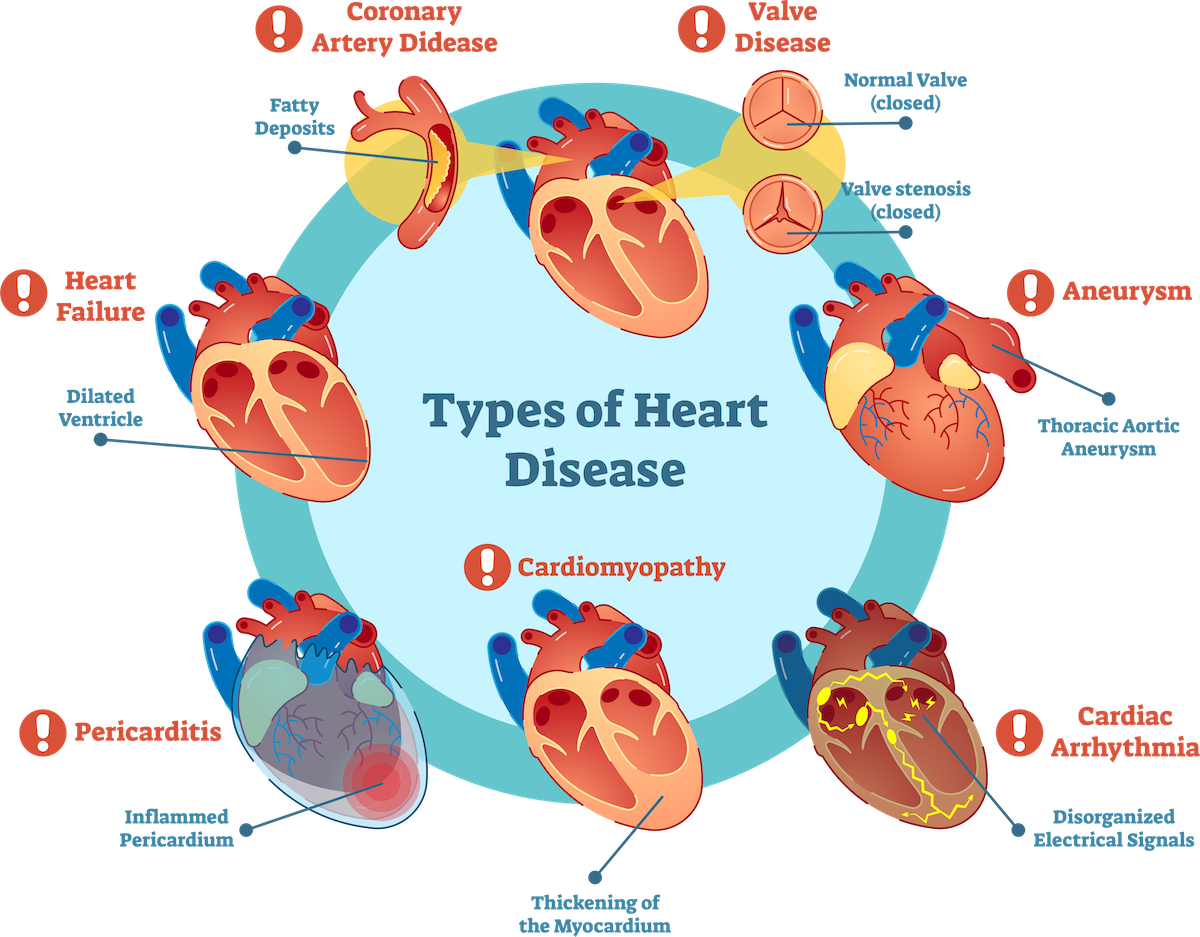Title: Heart Diseases: Signs, Symptoms, Causes, Risk Factors, Diagnosis, Prevention, Diet, Lifestyle, and Homoeopathic Treatment
Introduction:
Heart diseases encompass a range of conditions that affect the heart and its blood vessels. Understanding the signs, symptoms, causes, risk factors, diagnosis methods, prevention strategies, diet and lifestyle considerations, and the potential role of homoeopathic treatment is essential for promoting heart health. In this blog post, we will explore the key aspects of heart diseases and their holistic approach to treatment.
Signs and Symptoms of Heart Diseases:
1. Chest pain or discomfort: A sensation of pressure, tightness, or pain in the chest, often referred to as angina.
2. Shortness of breath: Difficulty breathing or feeling breathless, especially during physical activity or at rest.
3. Fatigue: Persistent exhaustion and a decreased ability to perform regular activities.
4. Palpitations: Irregular or rapid heartbeats that may feel like a fluttering or pounding in the chest.
5. Dizziness and fainting: Feeling lightheaded, dizzy, or experiencing fainting spells.
Common Causes of Heart Diseases:
1. Atherosclerosis: Build-up of plaque in the arteries, narrowing the blood vessels and restricting blood flow to the heart.
2. High blood pressure: Prolonged elevation in blood pressure can strain the heart and increase the risk of heart diseases.
3. High cholesterol: Elevated levels of cholesterol can contribute to the development of plaque in the arteries.
4. Smoking: Tobacco use damages blood vessels, reduces oxygen supply, and increases the risk of heart diseases.
5. Diabetes: Uncontrolled diabetes can damage blood vessels and increase the risk of heart diseases.
Risk Factors for Heart Diseases:
1. Age: The risk of heart diseases increases with age.
2. Family history: Having a close relative with heart disease increases the likelihood of developing it.
3. Gender: Men have a higher risk of heart diseases compared to pre-menopausal women.
4. Obesity: Excess weight puts additional strain on the heart and increases the risk of heart diseases.
5. Sedentary lifestyle: Lack of regular physical activity contributes to the development of heart diseases.
Diagnosis of Heart Diseases:
Heart diseases can be diagnosed through various methods, including:
1. Medical history and physical examination: Discussing symptoms, risk factors, and family history with a healthcare professional.
2. Blood tests: Assessing cholesterol levels, inflammation markers, and cardiac enzymes.
3. Electrocardiogram (ECG): Recording the electrical activity of the heart to identify irregularities.
4. Echocardiogram: Using sound waves to create images of the heart's structure and function.
5. Cardiac stress tests: Evaluating the heart's response to physical stress through exercise or medication.
Prevention Strategies, Diet, and Lifestyle Considerations:
1. Quit smoking: Cessation of smoking is crucial for reducing the risk of heart diseases.
2. Maintain a healthy weight: Aim for a healthy body weight through a balanced diet and regular exercise.
3. Follow a heart-healthy diet: Emphasize fruits, vegetables, whole grains, lean proteins, and healthy fats while limiting sodium, saturated fats, and added sugars.
4. Engage in regular physical activity: Aim for at least 150 minutes of moderate-intensity exercise or 75 minutes of vigorous exercise per week.
5. Manage stress: Practice stress management techniques such as meditation, yoga, or engaging in hobbies.
Homoeopathic Treatment for Heart Diseases:
Homoeopathy aims to treat the underlying causes of heart diseases and improve heart function. Some commonly used homoeopathic remedies for heart diseases include:
1. Crataegus oxyacantha: Indicated for heart conditions with palpitations, irregular heartbeat, and weakness.
2. Digitalis purpurea: Recommended for heart conditions with a weak pulse, irregular or slow heartbeat, and fatigue.
3. Cactus grandiflorus: Useful for heart conditions with constrictive chest pain and a feeling of tightness around the heart.
It is important to consult a qualified homoeopathic practitioner for an accurate diagnosis and individualized treatment plan based on your specific symptoms and overall health.
Conclusion:
Heart diseases are serious conditions that require attention and care. By understanding the signs, symptoms, causes, risk factors, diagnosis methods, prevention strategies, and considering homoeopathic treatment as a complementary approach, individuals can take proactive steps to maintain heart health. Remember to consult healthcare professionals for an accurate diagnosis and to create a comprehensive treatment plan tailored to your specific needs.



Leave a Message